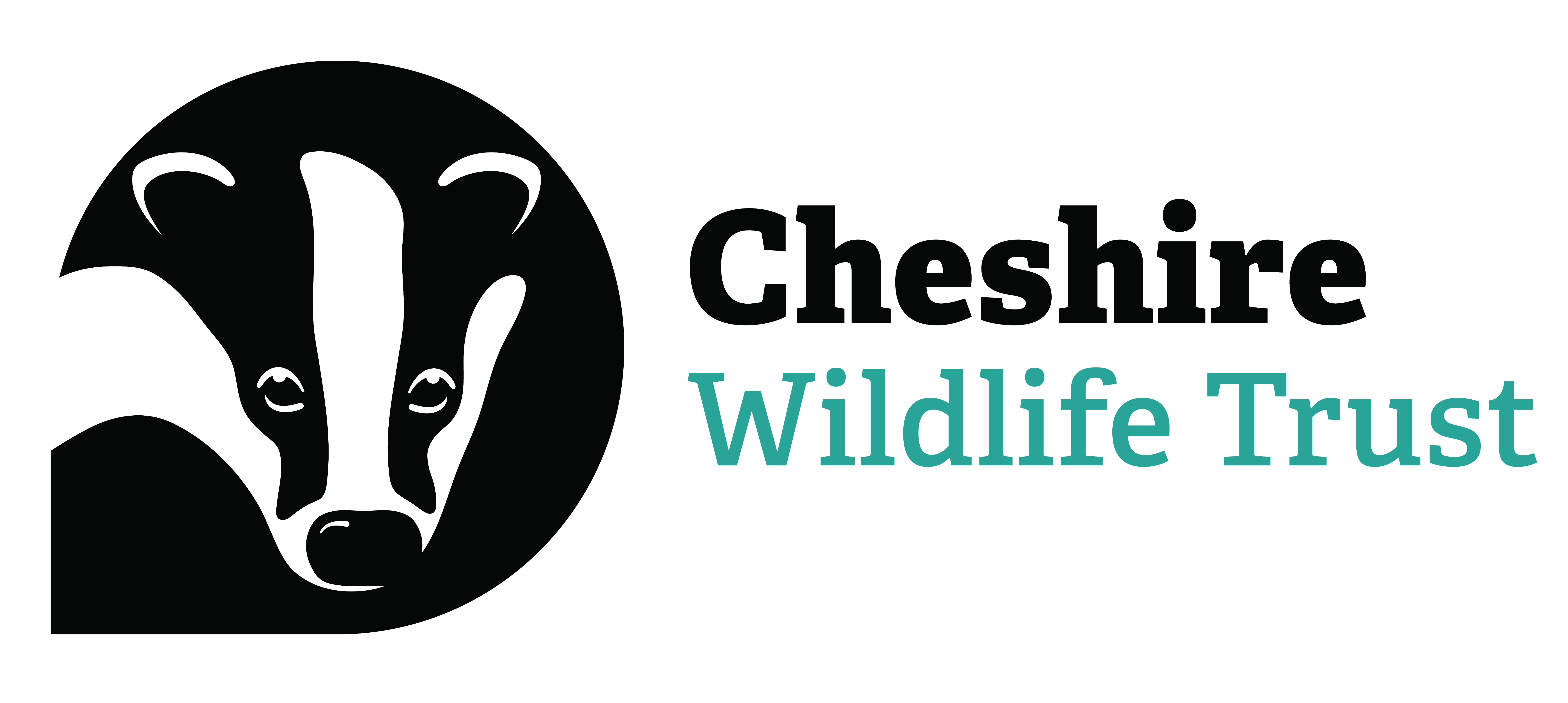Hatch Mere Nature Reserve, on the edge of Delamere Forest, is one of the most important nature sites in the county, being recognised for wildlife both in the UK and internationally. However, in recent years the water quality has declined, with high levels of nitrates, phosphates and ammonia leading to algal blooms. This has resulted in a significant loss of important wildlife in and around the lake, as well as in increasing risks to human health. The mere is a popular bathing spot, but the algal blooms during summer 2019 led to the tragic death of a dog which swam in the water.
Hatch Mere lake is suffering many of the impacts to water quality brought by modern land use and recreation. Naturally, nutrients such as nitrates and phosphates can settle and be stored in the sediment of a lake. However, disturbance can churn up this sediment and release the stored nutrients which then become suspended within the water. Over the coming winter, work will begin to try and address some of these issues.
Cheshire Wildlife Trust has previously been working to improve water flowing into Hatch Mere from the surrounding catchment. Using various methods to slow the flow of water from land runoff, re-naturalising ditches, streams and land drains all helps reduce the impact of harmful sediments and lessen nutrient input.
The Trust trialled a phoslock experiment in partnership with Natural England. Phoslock is a chemical treatment that when added to the water forms a film that drops to the sediment and traps phosphates. The film can easily be broken by physical disturbance such as that by walking into the water.
As a part of the efforts to help nature to recover at Hatch Mere and to keep people safe, a decision has also been made to no longer allow access to the lake for swimmers, bathers and dogs. On hot days during summer 2019, over 100 swimmers were regularly recorded entering the mere. The physical movement of many feet disturbing the sediment, in addition to other chemical inputs from inflatables, sun cream and urine introduced by swimmers further pollutes the water.
Evidence of a decrease in the diversity of birds using the lake, litter and an increase in anti-social behaviour have all reinforced the decision. In summer 2018 over thirty discarded inflatables were removed from the mere, this included eleven blow up boats. Regular damage to fishing platforms and access gates is costly, along with trespass and damage to neighbouring land and property. Cheshire police now maintain a regular presence on site, diverting resources from other areas.
The Trust fully acknowledges the cultural importance and history of the site for wild swimming, however, in order to protect public health and wildlife, we can no longer allow swimming.
Cheshire Wildlife Trust will be making improvements to the viewing area on Delamere Road that is currently used to access the lake, making it an ideal and safe spot for picnics and bird watching. There are also ambitious plans to improve the circular footpath running through the nature reserve.
Sincerely
Cheshire Wildlife Trust
